
Fungal Infections
Latest News

Latest Videos
CME Content
More News

Alejandro Krolewiecki, MD, discussed testing a combination of albendazole and ivermectin to improve treatments for neglected tropical diseases.

Research into new antifungal treatments, including drugs in phase two and three trials, offers hope for patients who do not respond to current therapies.

The impact of the "95-95 by 2025" campaign and successes in countries like Uzbekistan and Guatemala, where action to improve diagnostic tools has addressed fungal infection challenges.
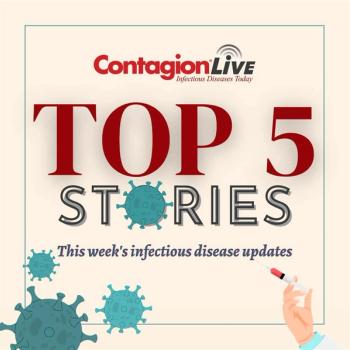
This week, local health department's role in combating HAIs and AMR by strengthening infection prevention, global efforts to address fungal infections, and pandemic preparedness continue to face challenges, and more.

George Thompson, MD, explains a rise in Valley fever cases in CA, with concerns about increased virulence, ICU admissions, and the impact of droughts and wildfires on fungal spread.

David W Denning, FRCP, FRCPath, FMedSci, outlines the "95-95 by 2025" initiative to diagnose and treat 95% of serious fungal infections globally by 2025, focused on improving access in underserved regions.

In the second interview segment with George Thompson, MD, he provides feedback on patient profiles and prescribing practices for the antifungal.

George Thompson, MD, offers some insights on 2 studies looking at these antifungals in patients with candidemia and invasive candidiasis.
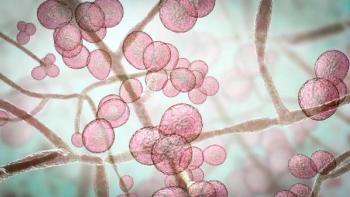
Following up on the goal, set in 2015, to diagnose 95% and treat 95% of serious fungal infections by year-end 2025.

Growing threat of beta-lactamase resistance genes across human and animal health, efforts to reduce HIV disparities for Black women, the "skip phenomenon" in S lugdunensis endocarditis, and more.

A new treatment of albendazole and ivermectin shows higher efficacy against Trichuris trichiura and hookworm infections, offering a new treatment approach for soil-transmitted worms.
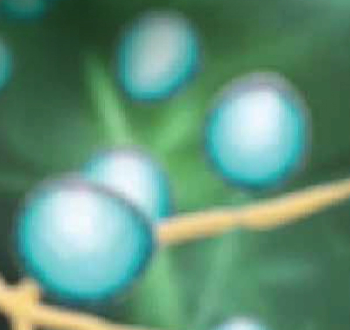
The choice between debridement and implant exchange affects treatment outcomes for Candida-related prosthetic joint infections, highlighting the need for standardized guidelines and further research.

This week, norovirus cases linked to contaminated oysters, while the first US death from H5N1 avian influenza is confirmed, the FDA updates RSV vaccine labeling due to Guillain-Barré Syndrome risks, and more.

Rising temperatures and changing humidity are undermining natural pest control, putting North American forests at risk.

A novel approach may identify resistance earlier and get patients on a proper course of antifungals sooner.

This week, the CDC MMWR highlights a major blastomycosis outbreak and increased tularemia cases, CHOP's feedback reports improve antibiotic stewardship in pediatric pneumonia, and more.
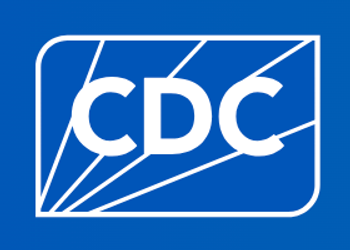
The largest blastomycosis outbreak linked to a paper mill in Michigan and a 56% increase in tularemia cases over the past decade.

A lot of Systane Lubricant Eye Drops Ultra PF has been voluntarily recalled by the manufacturer.
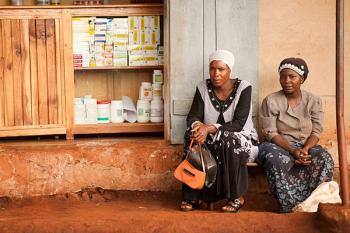
Health officials are investigating an outbreak called "Dinga Dinga," which causes fever and uncontrollable shaking.

P aeruginosa is found in 11.6% of diabetic foot infection cultures from hot, humid climates.
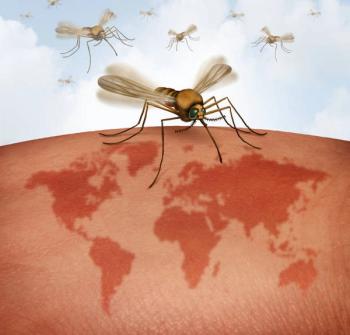
Milad Zandi, PhD, on rising temperatures and the spread of mosquito-borne diseases like dengue, Zika, and chikungunya, increasing the risk of outbreaks in tropical and temperate regions.
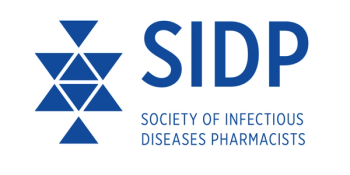
Obesity significantly impacts the pharmacokinetics (PK) of antifungal drugs like echinocandins, including volume of distribution (Vd) and clearance. However, despite these PK differences, current clinical evidence generally does not support the need for universal dose adjustments in obese patients. Clinicians should consider personalized dosing based on patient characteristics, infection severity, and specific drug properties due to echinocandins' favorable safety profiles.

Deborah Birx, MD, and Amy Carenza, BBA, highlight the targeting of multidrug-resistant organisms and tracking of infection trends without increasing staffing needs.

ActivePure’s Deborah Birx, MD, and Amy Carenza, BBA, discuss their study showing a 99% reduction in fungal colony-forming units, 98% reduction in aerobic bacteria, and a 66% decrease in C auris.
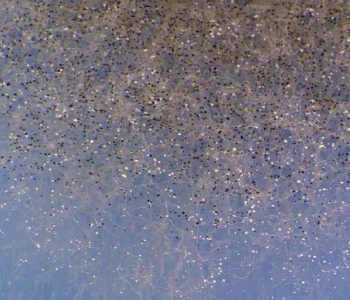
This systematic review focuses on breakthrough invasive fungal infections (bIFIs) in patients with high-risk hematological cancers, like acute leukemia, or those who have undergone stem cell transplants. Despite prophylactic antifungal treatments (usually with voriconazole or posaconazole), bIFIs remain challenging due to their complexity and high mortality rates.




































































































































